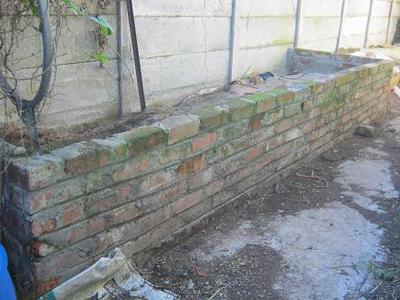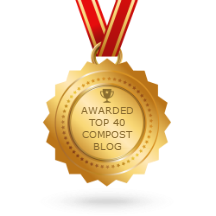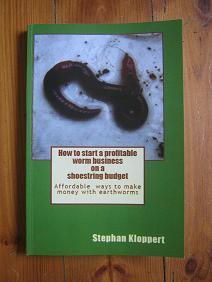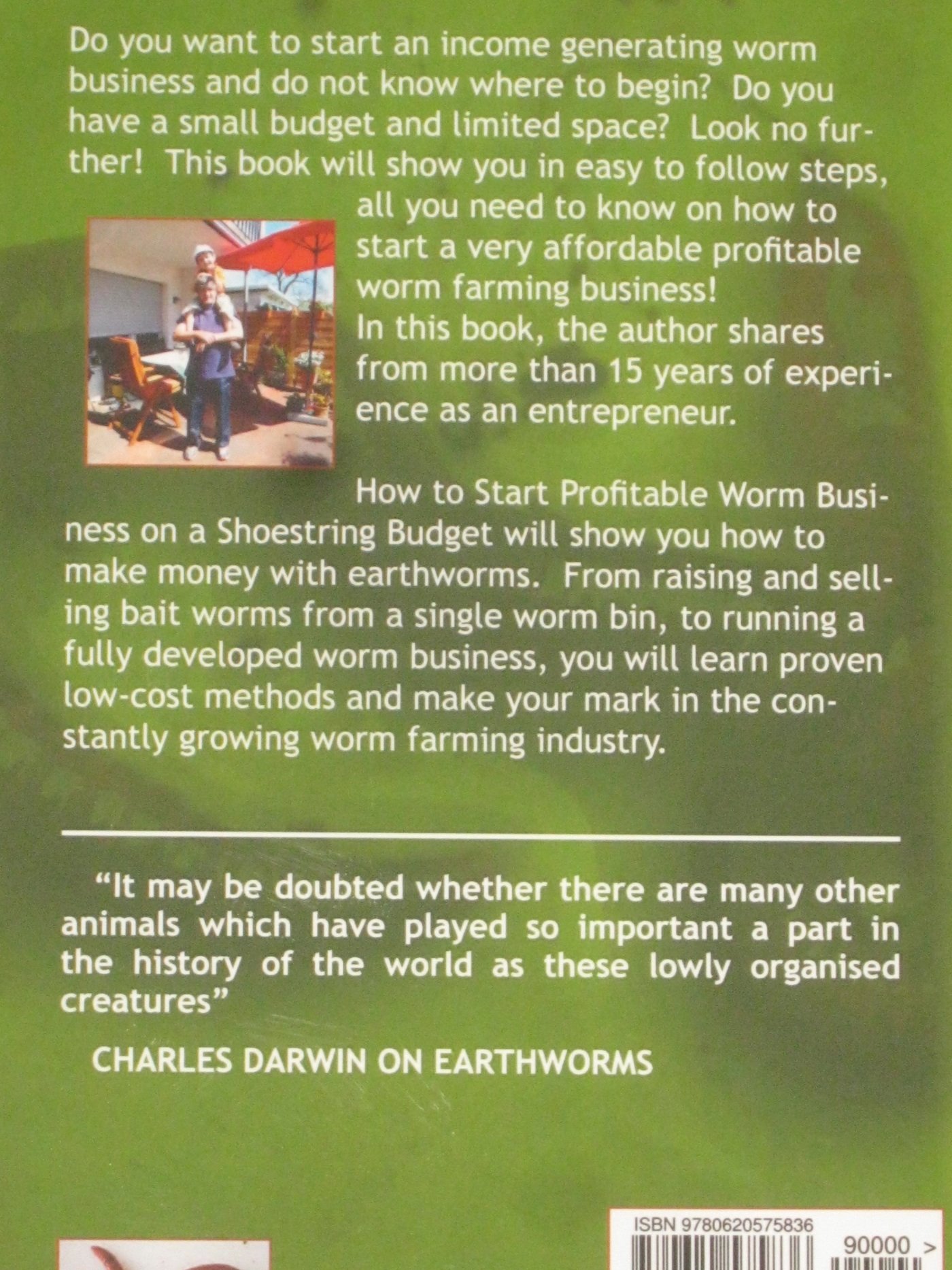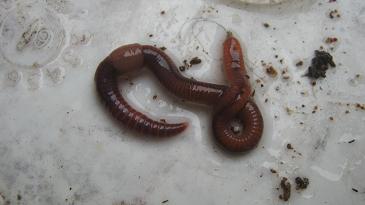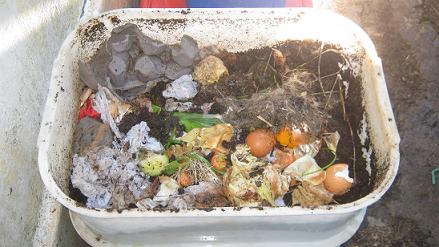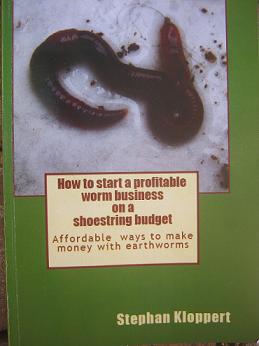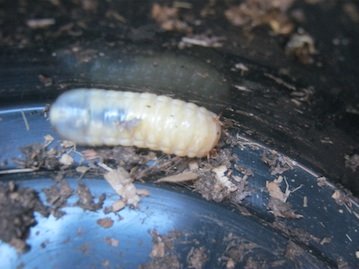VOTED 3rd Best Composting Blog on The Internet
What about the leachate of worm farms?
by Jane Ford
(France)
Hi I have read your interesting book and congratulate you on it.
It did raise one important question in my mind that you did not appear to address and that is leachate control. You even talk about hosing down animal manure before giving it to the worms as food.
Unless you have a method of capturing it and disposing of it properly I do not think this is permissible in the EU. Can you shed any light on this subject?
Many thanks
--------------------------------------------------
Hello Jane,
thank you for purchasing my book and your valued comment about the leachate that is produced in and by worm farming systems.
One of the main reasons myself and many other people took up worm farming was the fact that it is environmentally friendly and helps to return nutritious organic matter back to the soil instead of it getting dumped on landfill sites.
So we obviously don't want it to have the exact opposite effects.
The subject of leachate has been raised as early as 1988 where it came to a court case in Germany. The worm farmer "Tacke" was accused of polluting the ground water with his worm farm. He was worm composting horse manure, cotton and even some animal intestines on an area of 30000 square meters. The worm farm was set up on an open field that had no immediate access to any running water near by.
Mr. Tacke was acquitted of all charges. The court ruled that the amounts of leachate produced by his worm composting set up was in no ways polluting the ground
Another option to ensure that leachate will not run off into the ground- and drinking water are set up brick or concrete bulk beds with a solid bottom that will prevent any liquids or solids from leaving the bin.
Or a cheaper but effective way would be to use strong water proof plastic sheeting or bags to compost the organic waste (horse manure ) in.
This is a complex subject and I believe that if the project is well thought through the worms will be able to consume all organic waste including excess leachate that might run into the soil.
One should keep in mind as well that the leachate produced is far less than people envision.
I don't know about the laws in France but if in doubt it would always be good to speak to your local authorities to find out how you could make your worm composting project to work to their satisfaction.
I am definitely interested to hear about your progress and would be delighted to hear from you again with an update.
I will as well try to clarify the subject of leachate in the next edition of my book!
If you have any further questions please don't hesitate to contact me.
With kind regards
Stephan Kloppert
Author of
"How to start a profitable worm business on a shoestring budget"
Search / Suchen
On SPECIAL
"How to start a profitable worm business on a shoestring budget
Order a printed copy from "Amazon" for only
$11.95
or a digital version from the "Kindle" store for only
$4.95
Prices valid till 31.12.2025
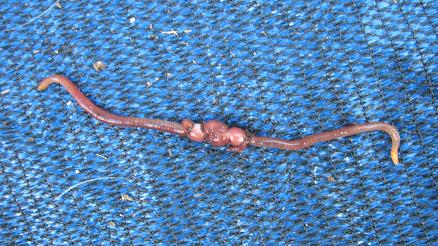
Our New Book
Order the Kindle E-book for the SPECIAL PRICE of only
$3.95
Prices valid till 31.12.2025!
